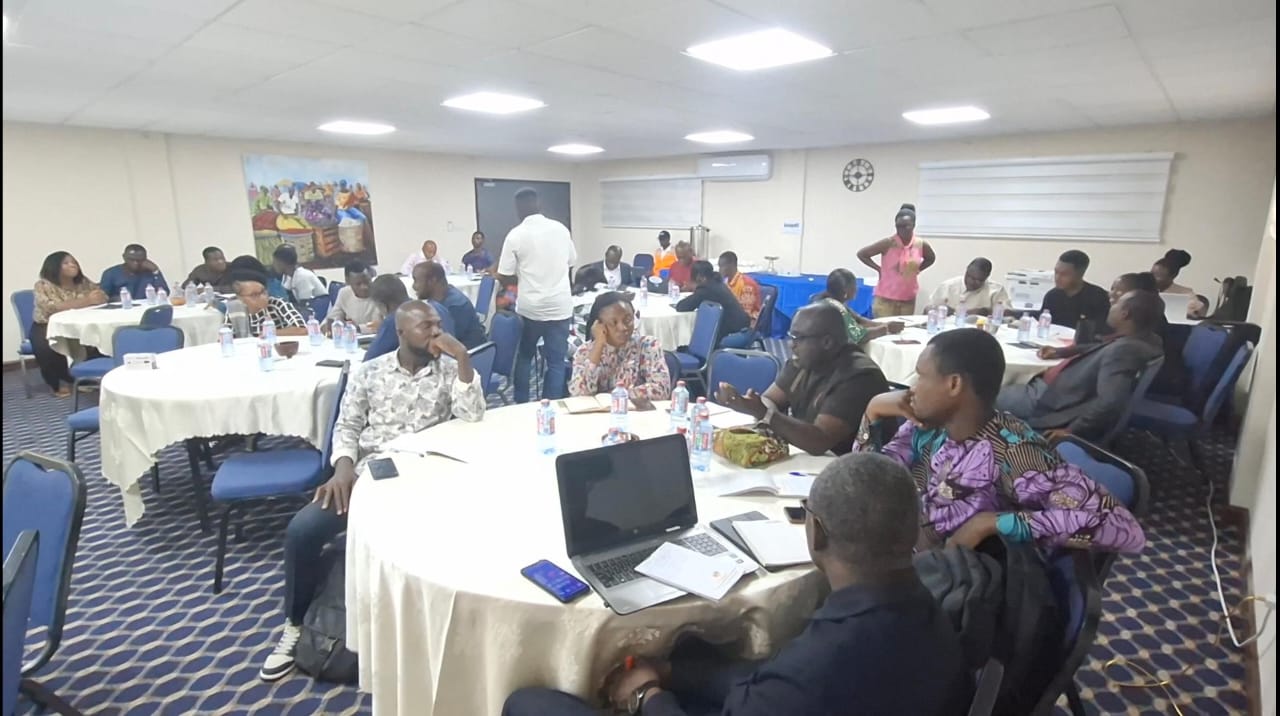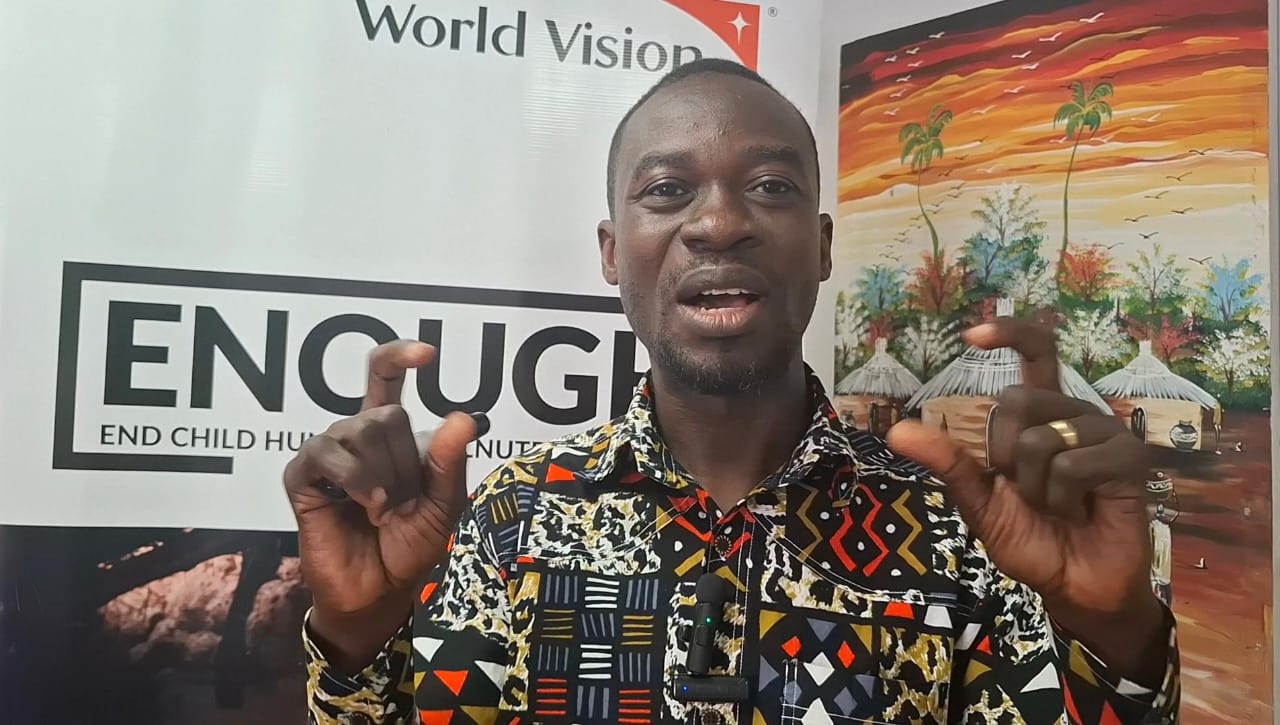A group of Christian faith leaders have been empowered with tools and strategies to harness local resources for economic transformation within their communities.
This forms part of a three-day workshop organized by World Vision Ghana under its Empowered Worldview (EWV) programme.
The workshop aimed to expose participants to practical economic strategies that can uplift underserved communities by focusing on local development, economic empowerment, and sustainability.

As Christian Faith Change Agents, the selected leaders—drawn from across Accra—are expected to lead the charge in identifying indigenous opportunities and mobilizing community resources to initiate economically viable ventures.
One of the core goals of the initiative is to eliminate child hunger and improve the overall well-being of residents in less-endowed areas.

Faith and Development Manager at World Vision Ghana, Benjamin Sarbah, emphasized the long-term impact of the programme, particularly the role of churches in addressing social issues.

“As part of our role at the Faith and Development Unit at WVG, we ensure that we partner with churches, so they respond and pay special attention to the social needs of their members,” he said.
“Through this EWV programme, we aim to shift and enhance the worldview of pastors so they can transform the hearts and minds of their members, while equipping them with the skills for their own economic empowerment,” he said.
Sarbah also stressed the importance of engaging faith leaders in climate action.
“We’ve realized that politicians alone cannot address climate change. That’s why we’ve brought in faith leaders, who have significant influence in society, to help shift perspectives and lead on issues like environmental consciousness and economic empowerment.”
Workshop facilitator Benard Owusu Sekyi echoed this call, urging leaders to adopt a sustainable mindset towards environmental and community development. He noted that tackling climate change and promoting eco-friendly practices would ultimately benefit the country.

Participants expressed their readiness to drive change.
Pastor Bogobiri Seidu Abdul Latif described the training as transformative.

“The event was impactful. It sensitized us on how to improve the lives of our members and empower them economically. Every community has unique resources. It’s up to us to identify and use them to make our communities better,” he said.
The three-day workshop is part of the broader Accra Mission initiative, a long-term vision by World Vision Ghana to spark lasting economic and social change in Ghanaian communities.








